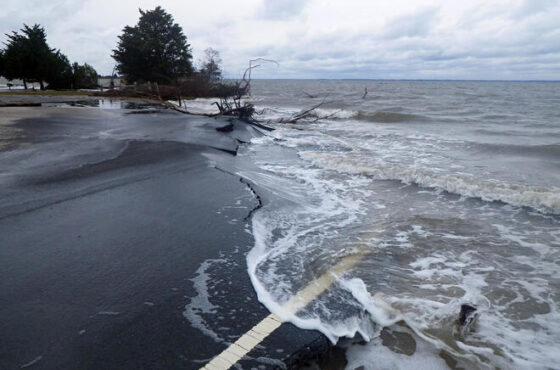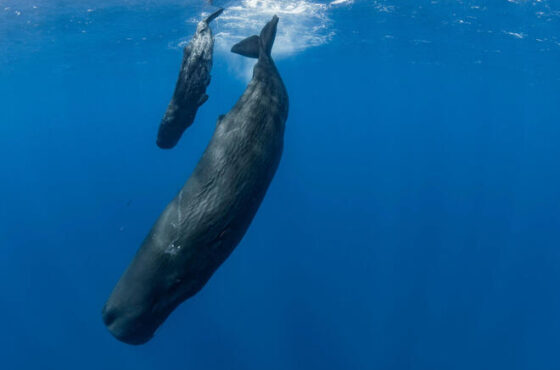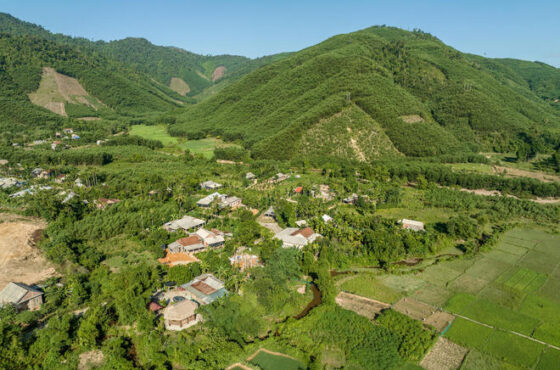The Penn Cove Captures—Why Southern Resident Orcas Need Us
Published by the Natural Resources Defense Fund
Today is the 46th anniversary of the Penn Cove orca captures. For me, it’s a day to remember why the whales need us.

Southern Resident L103 with calf L123
Center for Whale Research, Photos taken under Federal Permits NMFS 15569 / DFO SARA 388
On August 8, 1970, a group of men used boats, planes, and explosives to drive a large family of Southern Resident killer whales into the shallow waters of Penn Cove, just north of Seattle. They ringed the panicked and screaming whales with nets, and used long sticks to push mothers away from their calves. Five whales drown in the nets. Six babies were taken from their mothers, who cried out in distress as their calves were airlifted and shipped to marine parks. After the capture, the men filled the bellies of the whales that died with rocks and tied anchors to their tales, so they would fall to the deep unreported. But not forgotten.
At least 45 Southern Resident killer whales were captured and delivered to marine parks between 1965 and 1973. The population has never recovered.
Today, there are only 84 Southern Resident killer whales left. They live in close matrilineal families, where the young stay with their mothers for their entire lives. The population’s oldest whale, J2 or “Granny”, is estimated to be over 100 years old. Fortunately, she no longer has to fear capture, but because there is not enough fish out there for these large whales to eat, she continues to fight for her family’s survival.
One of the things that make the Southern Resident killer whales so special is that they only eat fish. They depend on the Columbia River Basin and Fraser River, among other west coast rivers, to supply them with bountiful salmon. The Columbia River Basin once produced between 10 and 16 million salmon annually. Today, the Basin is the most hydroelectrically developed river system in the world, and the salmon are down to a small fraction of their historic numbers. A federal judge, however, recently ordered the agencies responsible for managing the hydroelectric dams in the Columbia Basin to reevaluate how they do business. Above all, the agencies are required to ensure that they are not jeopardizing the survival of the region’s threatened and endangered salmon.
That court-ordered process is a ray of hope for these hungry whales. But it will take each of us writing to the National Marine Fisheries Service, the Army Corps of Engineers, and our elected officials to make sure—that for the Southern Resident killer whales—the arc of history bends, at long last, towards justice.
Read the full article at: https://www.nrdc.org/experts/giulia-cs-good-stefani/penn-cove-captures-why-southern-resident-orcas-need-us




